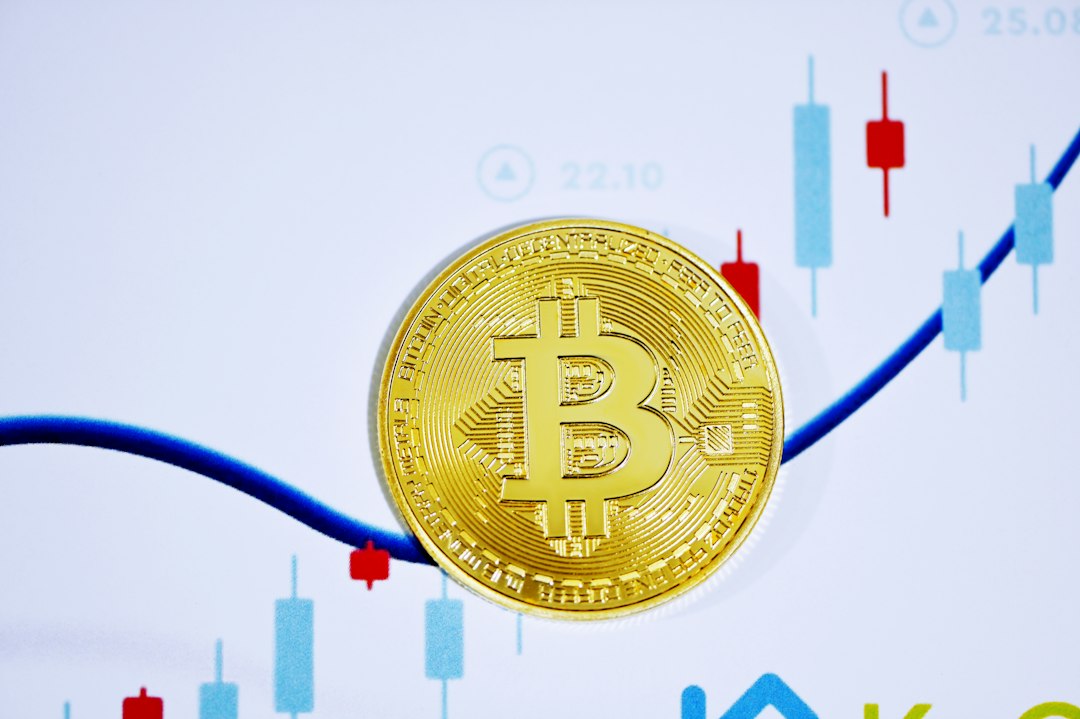EU Competition Chief Supports AI Laws for Tech Companies
The European Union (EU) Competition Chief, Margrethe Vestager, has defended the new artificial intelligence (AI) laws, stating that they provide legal certainty for tech companies operating in the EU. She argues that these regulations will guide the development of AI models, such as OpenAI’s Generative Pre-Trained Transformer system. Vestager’s comments come after French President Emmanuel Macron criticized the laws for being too restrictive.
Vestager Advocates for a Balanced Approach to AI
Vestager emphasizes the importance of knowing what to expect from industrialized AI models while cautioning against excessive regulation. She believes that a thoughtful application of the laws will prevent stifling businesses and promote innovation and research.
Macron’s Concerns Over EU AI Legislation
Macron expressed concerns that the new legislation may disadvantage European tech companies in the global AI race. While he supports regulating faster and stronger than other regions, he worries that these laws could render EU businesses nonviable and lead to market share loss against larger US competitors.
Laws Can Foster Trust and Certainty for Crypto Businesses
Contrary to concerns, EU regulations for crypto have not harmed businesses but instead created legal certainty and fostered trust. The Markets-in-Crypto-Assets (MiCA) regulations specify how exchanges can offer stablecoins, allowing businesses to comply and attract greater investment.
Companies Embrace Compliance with MiCA
Crypto companies like Circle and Societe Generale are working towards compliance with MiCA regulations. Circle launched its euro-pegged asset EURC on Solana, expanding its presence on various networks. Societe Generale, a traditional bank, also launched its stablecoin called EUR CoinVertible. Coinbase has selected Ireland as its European hub to ensure compliance with MiCA.
Positive Outlook on AI Act Implementation
Alan Beattie, a former Bank of England Economist, believes that implementing the AI Act will be challenging but necessary for channeling AI’s power for good. The EU has taken the lead in legislating AI, and around 100 companies have voluntarily joined an AI pact to comply with the regulations before the deadline.
Hot Take: Balancing Regulation and Innovation in the EU
The EU Competition Chief defends the new AI laws, emphasizing their role in providing legal certainty for tech companies. While concerns exist regarding potential disadvantages for European businesses, these regulations aim to foster trust and attract investment. Compliance with crypto regulations, such as MiCA, has also been embraced by companies in the industry. The implementation of the AI Act may be challenging, but it is a step in the right direction for channeling AI’s power responsibly. Overall, finding a balance between regulation and innovation is key for success in the EU.





 By
By

 By
By

 By
By